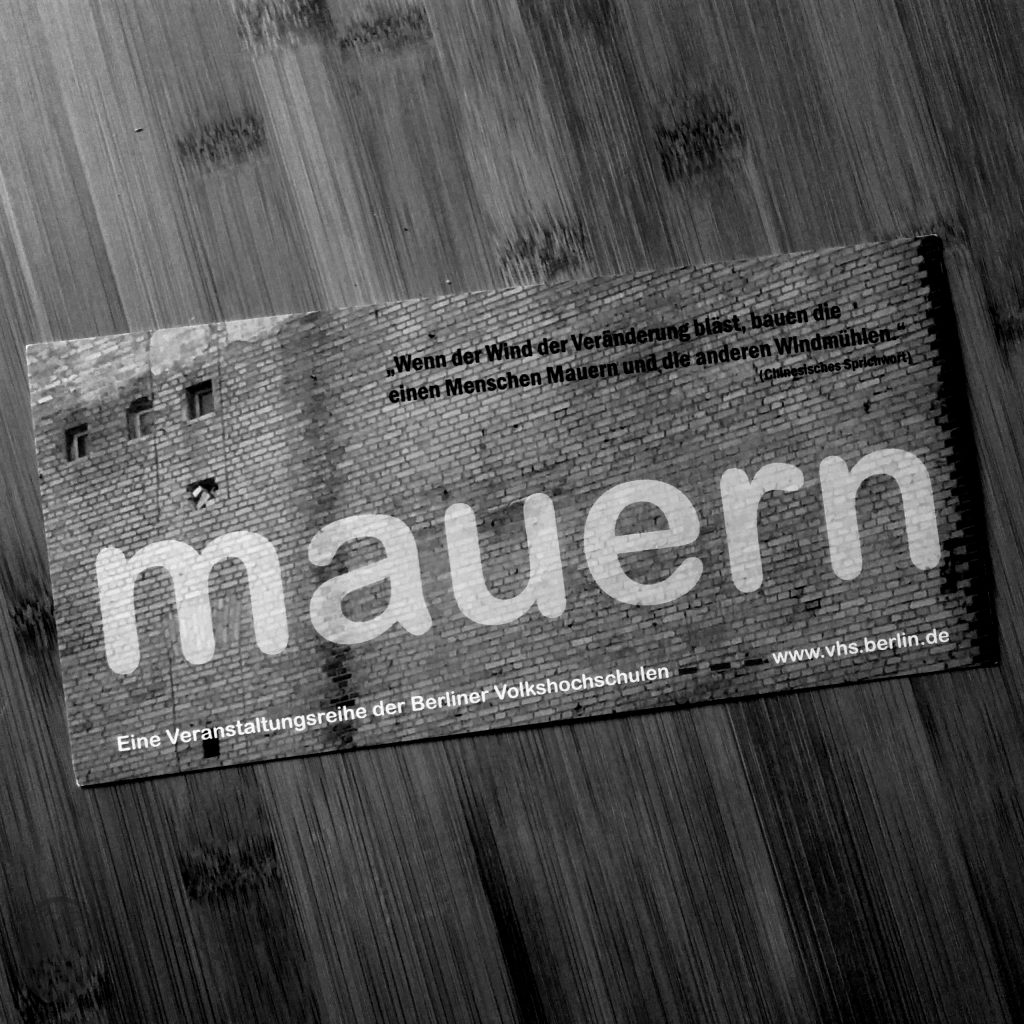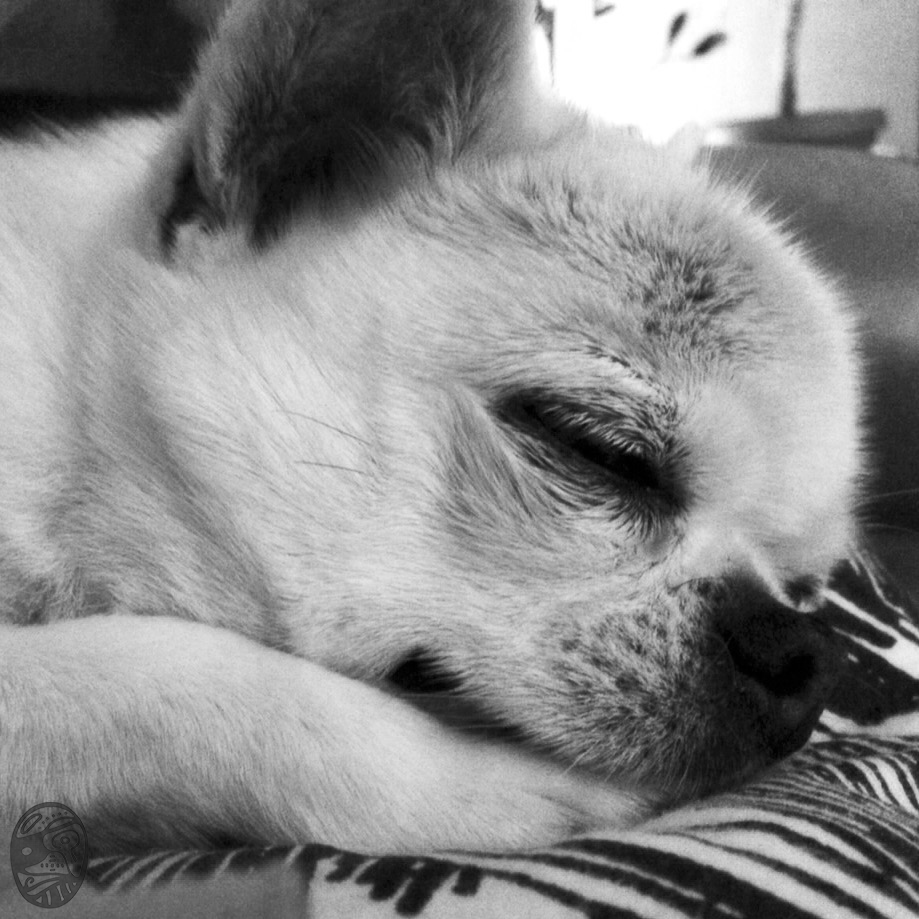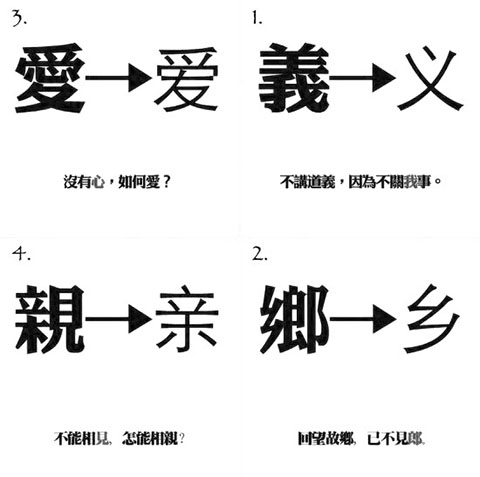
風、牆、風車|wIND, wALL, wINDMILL
某天,在下意外地看到這張柏林 Volkshochschule的宣傳卡,卡上印道(德語)#1:
One day, I accidentally saw this Berlin Volkshochschule’s flyer, printed (German) #1 on the card:
“Wenn der Wind der Veränderung bläst, bauen einige Menschen Mauern und andere Windmühlen.” (Chinesisches Sprichwort)
翻譯成中文:
「當風向改變時,有的人會築牆,其他則築風車。」(華夏諺語)
Translated in English:
“When the winds of change blow, some build walls and others build windmills.”(Chinese proverb)
在下想了很久也想不出哪句諺語,即使向在下的華文老師及他的華文老師請教,他們也無法理解。加上風車不是由古代華夏發明,而是多年前由波斯傳入,其後於明朝(約十三至十四世紀)開始被歷史記載及普及使用。然而,於文化創作中,「風車」可不常被提及。於網路搜尋資料時,更看到不少懂中文的華人也問著同樣的問題-這句所謂諺語的出處及其真確性。(⋯⋯)
I have taken long time to think but still could not get this proverb, even though I have asked my Chinese teacher and his Chinese teacher regarding this issue, both of them cannot understand. Plus the windmill was not invented by the ancient Chinese, but was spread from Persia many years ago. Until Ming Dynasty (around 13th to 14th century), windmill started to be recorded historically and used universally. However, “windmill” was not often mentioned in cultural creation. And when researching on internet, there’s a lot of people who understand Chinese have asked the same questions – the provenance of this so-called proverb and its authenticity. (……)


